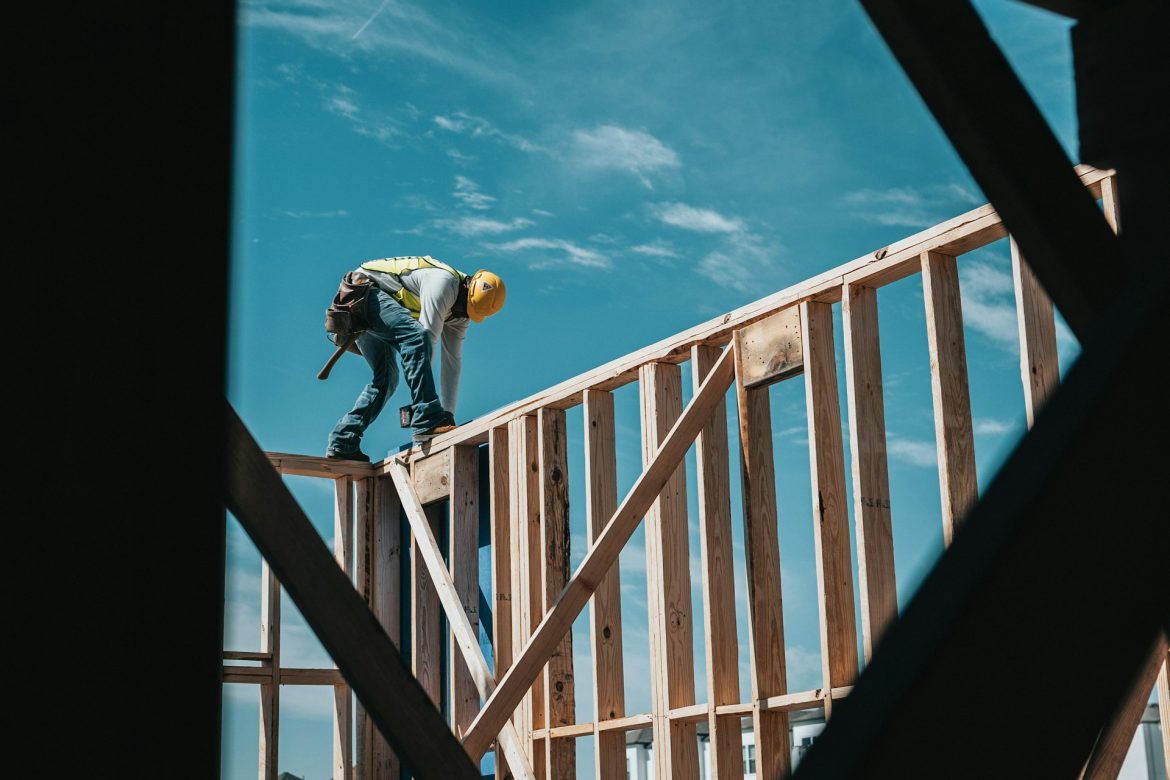The construction industry is undergoing a major transformation, thanks to advancements in robotics and artificial intelligence (AI). These technologies are not just changing how we build, but also improving safety, efficiency, and accuracy in construction projects. In this blog, we’ll explore how robotics and AI are revolutionizing modern construction.
Innovative Robots at Work
Robots are no longer confined to science fiction or manufacturing; they’re now an integral part of construction sites. Companies like Boston Dynamics have developed robots like Spot, a four-legged robot that can navigate rough terrain, carry out inspections, and collect data with unmatched precision. These robots can work in hazardous conditions, reducing the risk for human workers.
Another game-changer is the use of drones. Drones can access hard-to-reach places, providing aerial views that help in mapping, monitoring, and managing construction sites more effectively. DJI is a leading brand in this space, offering drones that capture high-resolution images and videos, facilitating better planning and decision-making.
AI-Powered Solutions
AI is the brain behind many of the smart technologies in construction. It can analyze vast amounts of data to offer insights, predict outcomes, and even automate tasks. For instance, AI algorithms can sift through project data to identify potential delays or budget overruns before they become major issues.
One of the areas where AI shines is in the realm of Building Information Modeling (BIM). BIM is a digital representation of a building’s characteristics, and AI can enhance this by optimizing designs, simulating construction processes, and ensuring that projects adhere to regulations. Companies like Autodesk are at the forefront of integrating AI with BIM, providing tools that make planning and design more efficient and less prone to errors.
Enhancing Safety and Efficiency
One of the most significant impacts of robotics and AI in construction is on safety and efficiency. Robots can perform repetitive, strenuous, or dangerous tasks, reducing workplace injuries. AI can also monitor safety compliance through cameras and sensors, alerting managers to potential hazards in real-time.
Furthermore, AI can optimize schedules and resource allocation, ensuring projects are completed faster and within budget. This level of efficiency is beneficial not only for construction companies but also for the economy and environment, as it leads to less waste of materials and resources.
The Future is Here
The integration of robotics and AI in construction is not a distant future—it’s happening now. As these technologies continue to evolve, we can expect even more innovative applications that will further revolutionize the industry. The adoption of robotics and AI is making construction sites safer, projects more efficient, and buildings better designed.
In conclusion, the role of robotics and AI in modern construction is pivotal. It’s an exciting time for the industry, as these technologies pave the way for new possibilities and set new standards for what can be achieved. As we move forward, it’s clear that the future of construction lies in the hands of these transformative tools.
